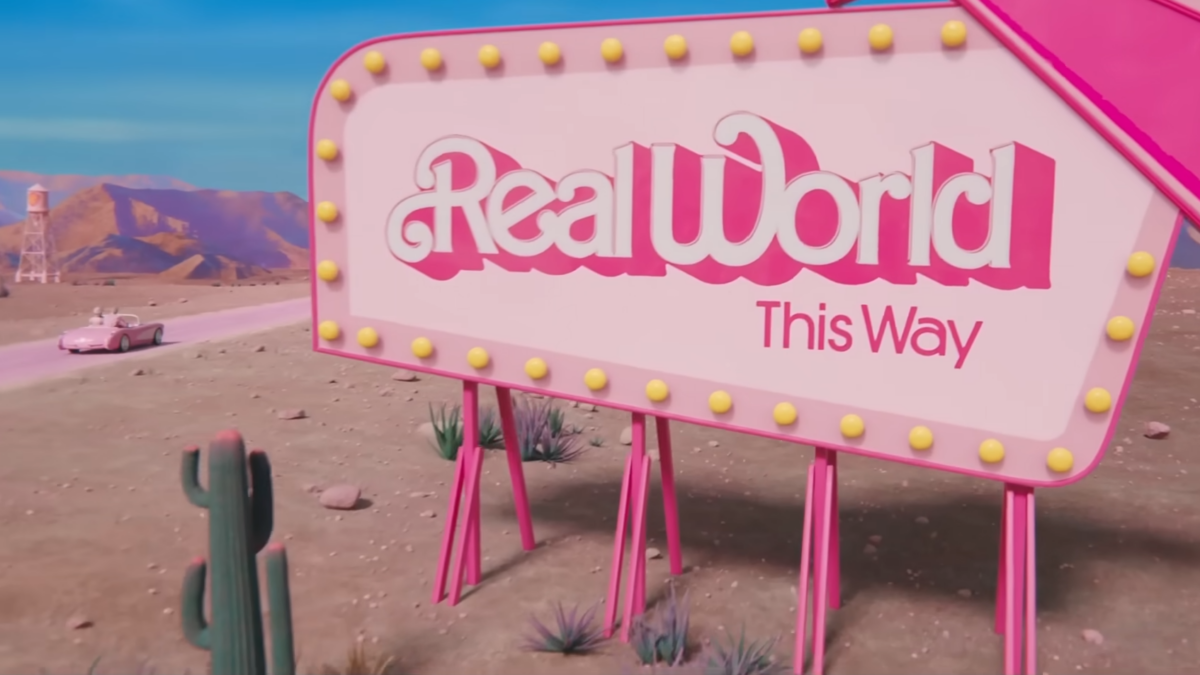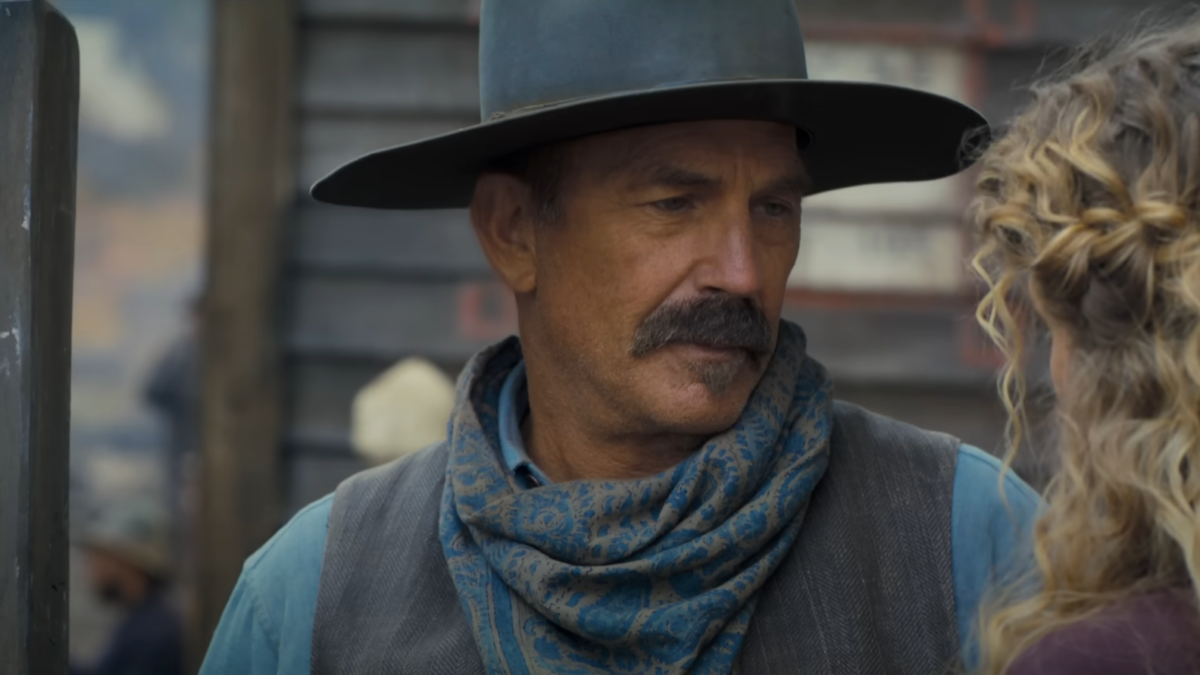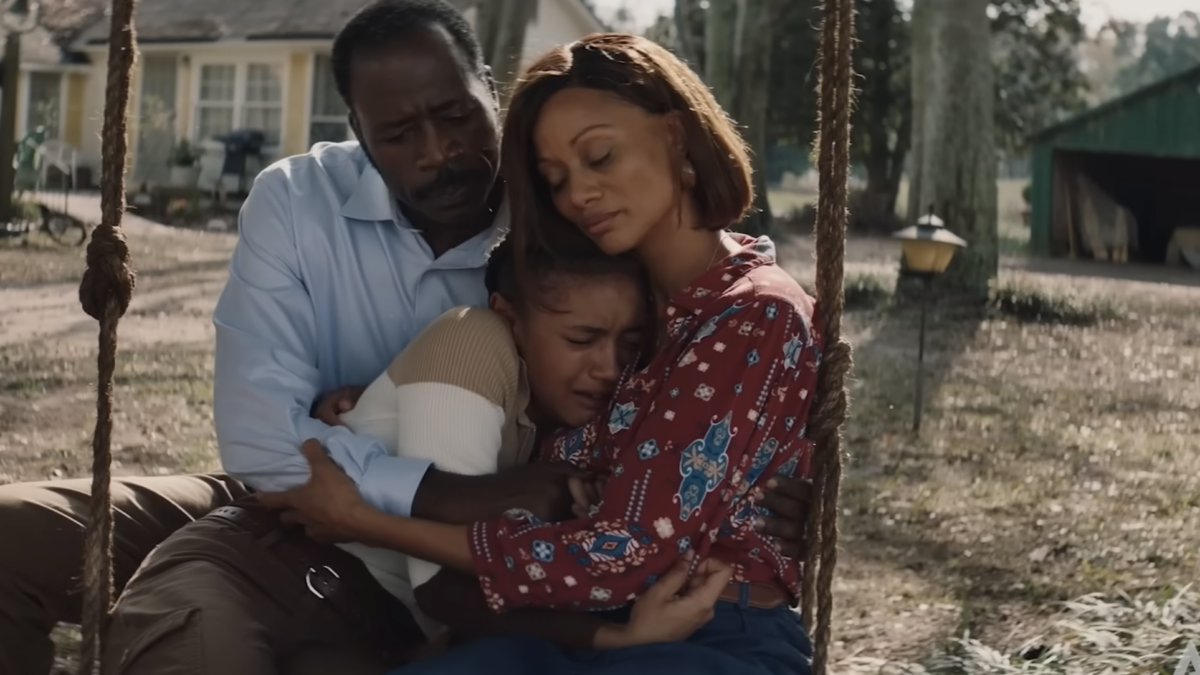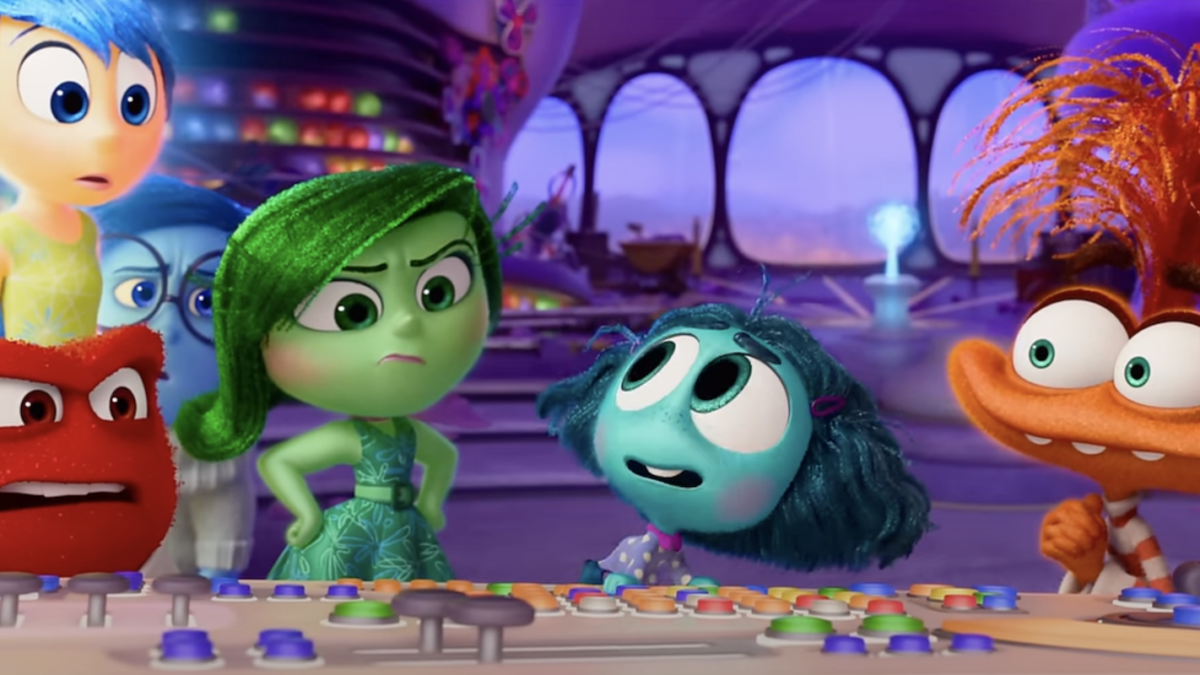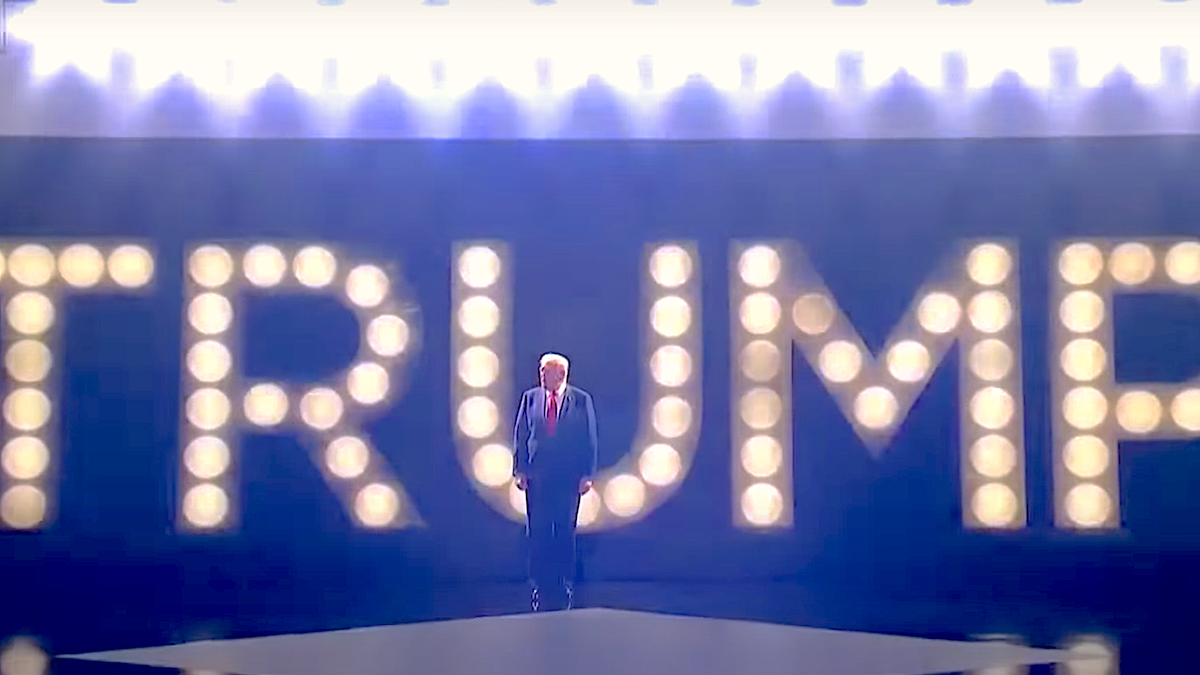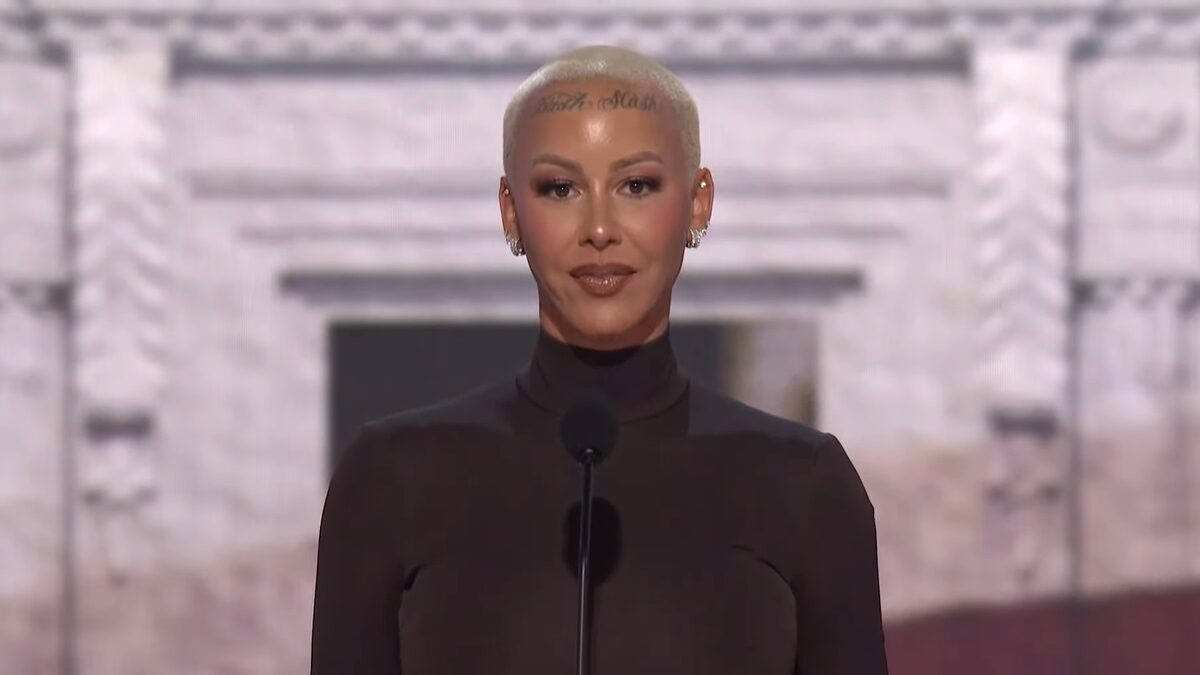If this summer’s blockbuster based on a doll that promised “girls can do anything” has one defining message, it’s that actually it’s “literally impossible” to be the one thing every girl grows up to be: a woman.
“It is literally impossible to be a woman,” America Ferrera’s human character preaches to the Barbies in a monologue the L.A. Times thought was so “powerful,” the paper reprinted it in its entirety.
(For one character — the Gender Dysphoria Barbie played by male actor Hari Nef — Ferrera’s words are true: No amount of garish makeup or over-the-top dresses makes him “one of the girls.” But that’s not the monologue’s intended point.)
Ferrera’s character inspires the Barbies to take back their world from the patriarchy (yes, really) with her riveting list of complaints about how being a woman is “too hard.”
“You are so beautiful, and so smart, and it kills me that you don’t think you’re good enough,” she says to Margot Robbie’s despairing titular character. “Like, we have to always be extraordinary, but somehow we’re always doing it wrong.”
Every woman has wrestled with the insecurities of being “good enough” at some point in her life. But is that really the legacy of womanhood? Being a woman is wonderful — something to celebrate, not complain about.
Ferrera continues, frustrated that women “have to be thin, but not too thin,” “have to be a boss, but you can’t be mean,” have “to love being a mother” and also “have to be a career woman,” “have to never get old, never be rude, never show off, never be selfish, never fall down, never fail, never show fear, never get out of line.”
“It’s too hard!” she concludes. “It’s too contradictory and nobody gives you a medal or says thank you! And it turns out in fact that not only are you doing everything wrong, but also everything is your fault.”
The speech reportedly moved the “entire set” to tears, according to director Greta Gerwig. Women and magazines raved online about how “the monologue outlines the challenges women face under the patriarchy.”
On the surface, the speech is basically asking for a participation trophy for the chore of being a human being. While some of the expectations Ferrera bemoans are specifically feminine — like being thin or pretty — others are simply part of being human. (Gerwig acknowledged in an interview with Variety that the speech wasn’t just applicable to women: Men “have their own speech” and their own “twin tightrope” to walk.) Striving for the golden mean between bossy and a pushover, or between vain and gluttonous? No, you don’t get a “medal” for being a self-disciplined adult.
In another sense, though, Ferrera is right that you can’t be good enough. Humanity has the knowledge of both good and evil: We were created for perfection but are banished from it by nature of our own sin. Left to our own devices, we will always fall short of what we were created to be. Frustration with our own failures, misplacement of self-worth, blame for others — the sincerely felt emotions that Ferrera’s monologue gives voice to are all a result of that disconnect.
But instead of railing against “the patriarchy,” the way out of Hopeless Expectations Barbie’s world is — to repurpose the girlboss mantra — to lean in to what we were created for.
Underneath all the layers of pink paint and patriarchy quips, Substack writer Robin Jean Harris extracted that very point from “Barbie.”
“Gerwig is meeting women where they are: exhausted with impossible standards, ashamed at never measuring up, and totally disoriented from reality,” she wrote on Twitter. “Within that framework she is saying something really refreshing, something essentially conservative: the path to reorientation is your design, and design is given, not self-made.” At the movie’s ending, Barbie goes on a walk with her creator, Ruth Handler, who explains what the doll’s purpose is and helps Barbie realize her desire to live in the real world.
I’m not sure if that’s the message Gerwig intended or not — truth has a habit of slipping through sometimes — but it’s nevertheless the right one. Only by understanding our design, programmed to love and reason and create and sacrifice, in the orderly image of our Creator, can we understand what it means to be human.
It also makes sense that women would feel more conflicted, discouraged, and confused than ever by the expectations of a society that doesn’t even recognize what a woman is. If understanding our telos as created beings is the first step to making sense of our fallen reality and our fallen souls, then it’s no wonder a society that rejects that design in favor of untethered “self-discovery” would leave women and men alike feeling lost.
As Harris notes, modern feminism “just gave women more ways to fail,” because “it did not give women anything real to ground to, or orient their womanhood to.” Rather, it rebelled against what were perceived as social constructs of manhood and womanhood, insisting the sexes were not merely equal but interchangeable and rejecting fundamental elements of our design like basic biology. In doing so, the post-feminist mindset made a mockery of masculine men and feminine women; you’ll find plenty of that in “Barbie.”
In the final scene, Barbie makes her debut as a real-life woman named “Barbara Handler.” It’s suggested that this is somehow the climax of Ruth’s vision for the doll, as Ruth approvingly responds to Barbie’s request to become human that “I always hoped for you like I hoped for [my own daughter].”
Does “Barbie” fully grasp the underpinnings of the movie’s own message about what it means to be human? Who knows — that’s a lot to ask from a doll.
